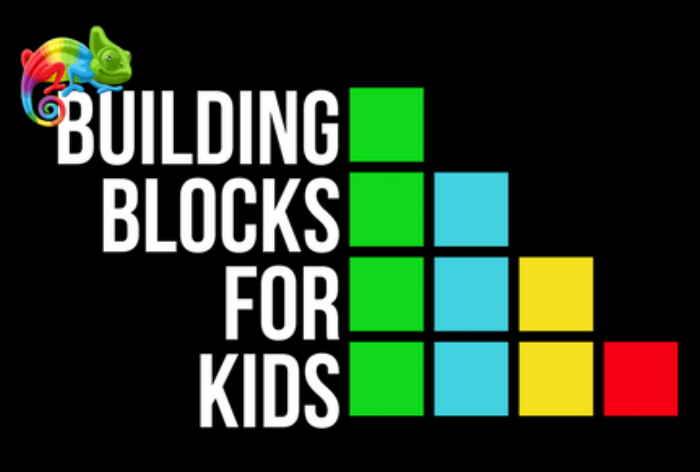07-14-20
Even as the landscape outside of our homes is changing unpredictably with COVID-19, one thing we can say with certainty is that we are using less cash. The traditional cash-only restaurants have started taking credit cards, and small local shops have started taking Apple Pay and Venmo. They have adapted with the new norm -- that people have digital access to their financial accounts now more than ever.
Online banking has been growing, especially considering its 50% surge since the beginning of 2020 (1). Additionally, COVID-19 has pushed the urgency for banks to become more flexible with online work; there has been a 250% surge in digital transactions since the pandemic began (2). With increasing demand and online traffic, most of us don’t realize that the need for data security and protection comes with it. Since April 2020 there has been a 200% increase in online banking registrations and an 85% increase in mobile banking traffic increase (Fidelity National Information Services).
Generally, most of us have become careless as owners of our own data. Common technological habits such as sticking to the same passwords, logging onto free WiFi, and sharing our accounts with multiple people increase the risk for cyber attacks (3). Additionally, we might not understand our own bank’s security policy, or might not be verifying the legitimacy of the websites and apps we are using for banking.
We need to be more cautious of calls, emails, and mail from our banks because there is a chance that the senders are not who they say they are. This not only applies to banks, but also to organizations, companies, and government affiliated offices who are requesting your information; some of the time, those people are trying to steal it.
We know that the eldery are at higher risk for cyber attacks, but we also need to understand that those who are non-English speakers, those who are unemployed, and those who have questionable citizen status are also susceptible to online fraud. It is a concerning correlation between the groups of people who hackers target, and those who are marginalized in the US today.
“The poor must navigate a matrix of privacy and security vulnerabilities in their daily lives - any of which could dramatically upend their financial, professional, or social-well being.” - Mary Madden (4)
At Building Blocks, we teach financial literacy and career based education so that students have a higher chance of becoming financially independent. We work with schools who have 50% or more students on the free & reduced lunch program, meaning that we are aimed to teach students from marginalized communities.
The need for each individual to understand the risks associated with online banking, digital transactions, and overall personal data protection is critical for the next generation of adults. This translates directly for the increasing need for programs that are able to bring a flexible approach to financial literacy. As our world continues to utilize technology to replace paperless money, we need to learn how to adapt and protect ourselves.
Madison Kim is a summer intern for Building Blocks for Kids. She attends Georgia Institute of Technology and is interested in the intersection between computer science and creative expression. Outside her studies, she is passionate about education and leadership development for all people.
(1 ) https://www.cnbc.com/2020/05/27/coronavirus-crisis-mobile-banking-surge-is-a-shift-likely-to-stick.html (2) https://www.fox5dc.com/news/coronavirus-caused-surge-in-online-fraud-transunion-finds (3) https://www.forbes.com/sites/advisor/2020/06/16/mobile-and-online-banking-security-during-covid-19-what-you-need-to-know/#2b450363206c (4) https://www.nytimes.com/2019/04/25/opinion/privacy-poverty.html

